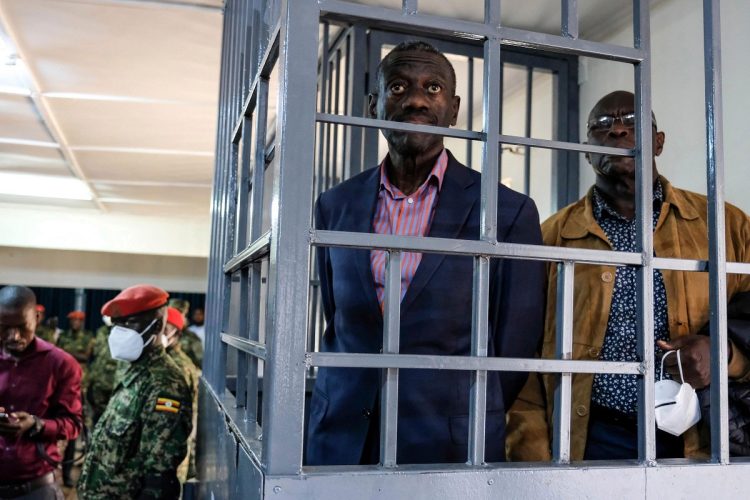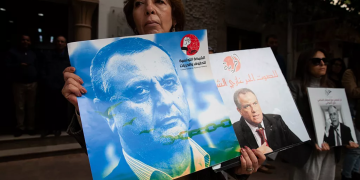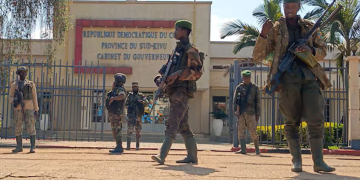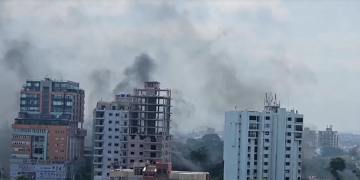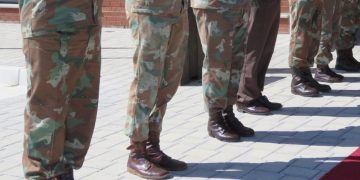In a significant escalation of legal troubles, Kizza Besigye, a prominent opposition figure in Uganda, is set to stand trial on serious charges of treachery.
This ruling by a military court comes as the country gears up for presidential elections scheduled for 2026, raising concerns about the implications for political dissent in Uganda.
Serious Charges and Legal Ramifications
Treachery is a grave charge in Uganda, carrying the potential for the death penalty upon conviction.
Besigye, who has contested the presidency four times, was arrested after going missing in Nairobi, Kenya, on November 16.
He reappeared days later in a military court in Kampala, where he faced charges including illegal possession of a firearm and soliciting military support overseas to destabilize national security. Besigye has denied all allegations and remains in custody.
On Monday, military prosecutors amended the charge sheet to include treachery and introduced a third suspect, a serving army officer, surprising defense attorneys who quickly challenged this development.
A History of Political Struggle
At 68 years old, Besigye has been a vocal critic of President Yoweri Museveni, who has ruled Uganda since 1986.
Throughout his political career, Besigye has faced multiple arrests and assaults but has never been convicted of a crime.
His recent abduction from Kenya and subsequent trial have drawn international attention, with organizations like Amnesty International calling for his release and condemning the Ugandan government’s actions as violations of human rights.
Besigye’s wife, Winnie Byanyima, the executive director of UNAIDS, has publicly denounced his treatment and called for urgent action to secure his freedom.
She asserts that his abduction violated international law and fair trial protections.
The Role of Military Courts in Political Suppression
Human rights organizations have criticized Uganda’s authorities for misusing military courts to suppress opposition voices.
According to Human Rights Watch, Besigye’s trial exemplifies how military-related charges are employed to silence dissenting opinions in the country.
The ongoing legal proceedings against him are being closely monitored by Ugandans wary of political maneuvering ahead of the upcoming elections.
The Uncertain Future of Ugandan Politics
As Kizza Besigye faces these serious charges, many observers are concerned about the implications for Uganda’s political landscape.
Although President Museveni is expected to seek re-election, speculation surrounds whether he may step aside given the lack of an obvious successor within the ruling National Resistance Movement (NRM) party.
This uncertainty fuels fears about an unpredictable political transition in a country that has not seen a peaceful transfer of power since gaining independence from British colonial rule in 1962.
Besigye’s background as a qualified physician and former military colonel adds complexity to his role as an opposition leader.
Once an ally of Museveni, he became one of his most prominent critics following what he perceived as a drift towards authoritarianism in the 1990s.
A Call for International Attention
The unfolding situation surrounding Kizza Besigye is not just about one man’s struggle against political oppression; it reflects broader issues of governance, human rights, and democracy in Uganda.
As international observers call for accountability and justice, the world watches closely to see how this high-stakes trial will impact not only Besigye’s future but also the political climate in Uganda as it approaches another election cycle.
With mounting pressure from both local and international communities for reform and respect for human rights, Uganda stands at a crossroads that could determine its democratic trajectory for years to come.


